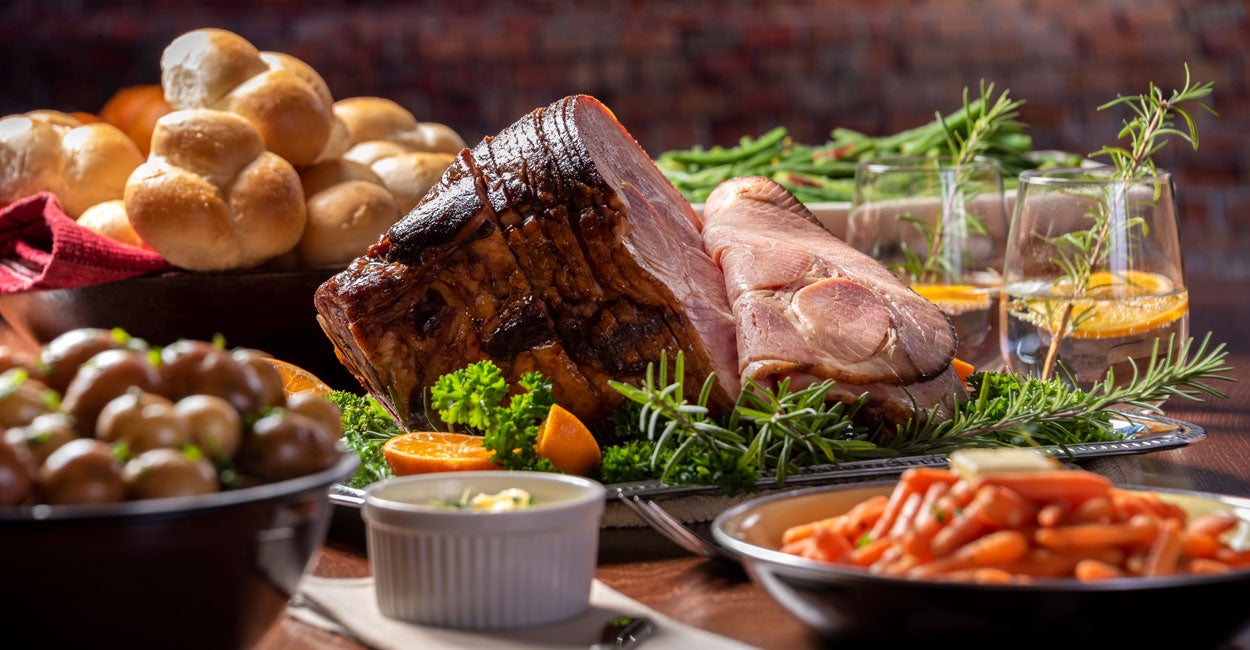


Last month, the Department of Justice charged two Chinese nationals for smuggling a scientifically classified potential agroterrorism fungus into the United States. They were allegedly receiving funding from China to research the pathogen for potential future attacks, highlighting the dangers China could pose to the U.S. food supply in the future at a time it has already effectively infiltrated American agriculture through land acquisition.
China’s acquisition of U.S. land is a well-documented national security threat, especially as it continues to purchase land in suspicious proximity to U.S. military bases. This strategic investment by China has rapidly developed, with China only owning approximately 13,720 acres in 2010 growing to the 277,336 acres it owned as of Dec. 2023.
Despite the number of acres reported in the U.S. Department of Agriculture’s Agricultural Foreign Investment Disclosure Act Dec. 2023 report, this data “should be interpreted as a minimum.” The data disclosed to the USDA is collected through voluntary reporting. This creates gaps in the database, with 3.1 million acres unaccounted for. Additionally, there is a caveat in the reporting, as entities can list “no predominant country” in their filing. Roughly 2.3 million acres account for no foreign investor and no predominant country listed. The number of Chinese-controlled acreage is highly likely to be far larger than reported.
Among these numbers are acres owned by Smithfield Foods, the largest pork producer in the world.
Smithfield Foods was once the embodiment of an all-American household staple: bacon for breakfast and ham for the holidays. But since its acquisition by Chinese entities, the generationally trusted company stands as a shadow of its former self by acting against America’s interest.
Smithfield Foods was acquired by Chinese entities in 2013 and is still owned by the Chinese corporation WH Group. The chairman of WH Group and several other top executives are members of the Chinese Communist Party.
Smithfield Foods accounts for 132,309 acres owned by Chinese entities in the U.S. Of this land, 44,263 acres is in North Carolina, where hog farming is a long-standing and central livelihood for the community. Counties such as Bladen, Sampson, Duplin, Robeson, and Scotland, to name a few, all now hold anywhere from 4,000 to over 9,000 acres each of Chinese-owned agricultural land.
In addition to the land directly owned by Chinese entities via Smithfield Foods, the company also contracts around 2,100 family farms for pork production.
China has infiltrated and controls land, food, jobs, and livelihoods of thousands of Americans. What might happen, then, if China decides to hold any of these economies hostage to its coercion? The heart of America—agricultural communities, hardworking families, national self-sufficiency—could crumble.
Left unaddressed, these key dependencies on China leave the U.S. vulnerable to adversarial malign influence. For example, China could leverage its grasp on the U.S. food supply chain to intentionally limit production, manipulate prices, or cause shortages. China’s hold on an essential industry such as food also funnels economic benefits out of the country—right into the hands of an adversary.
The danger of China’s control of the U.S. food chain was shown during the COVID-19 pandemic. A Center for Strategic & International Studies report found that when the pandemic hit and the U.S. was experiencing meat shortages, Smithfield increased exports to China, depriving U.S. consumers amid a food shortage.
China continues to position itself to harm Americans by way of their food—by potentially attacking it, by controlling it, or by taking it away—all risks we can’t take. This should serve as a wake-up call for the American people and become part of the larger national security conversation. Invited in this conversation must be America’s farmers and agricultural communities, who can lead the way forward in innovating ideas for resiliency in food security.
China cannot be allowed to threaten America’s food supply.
